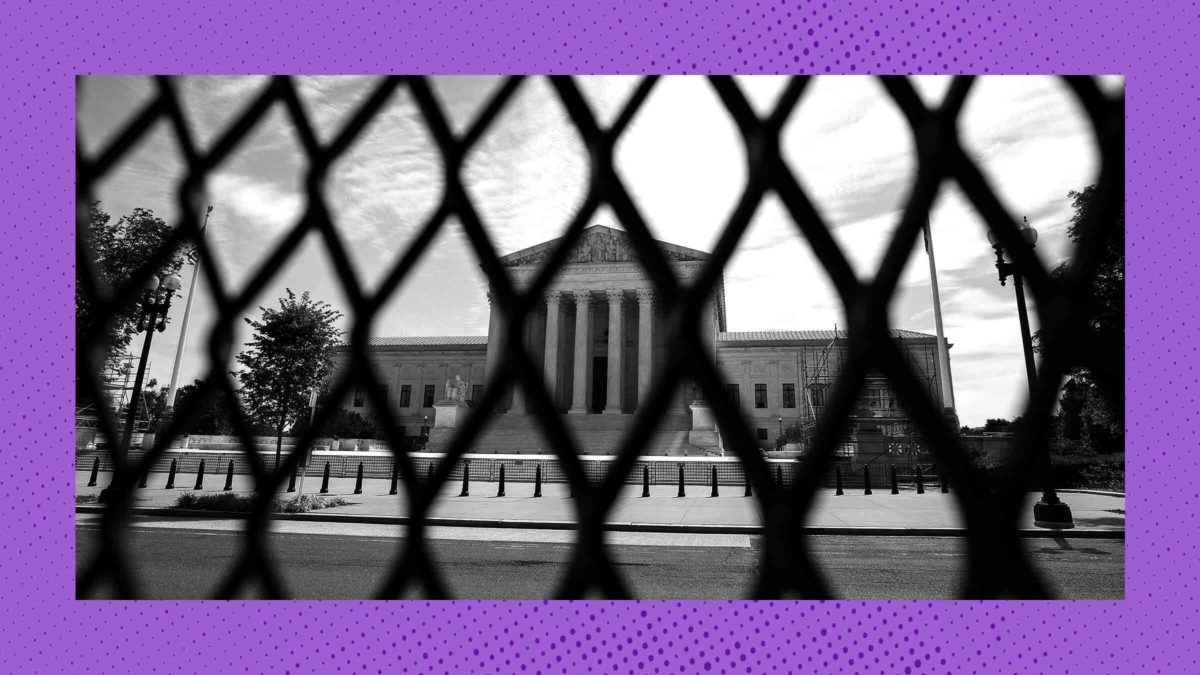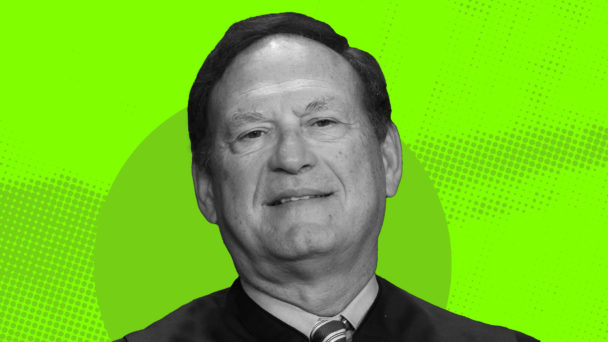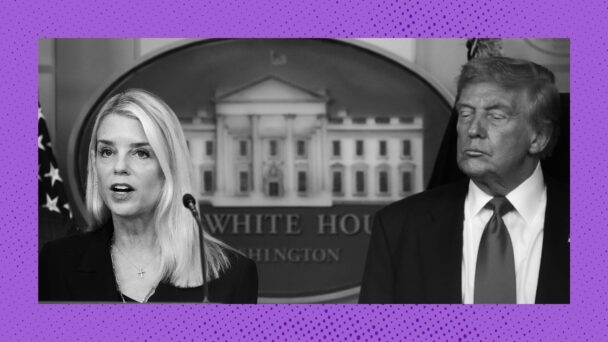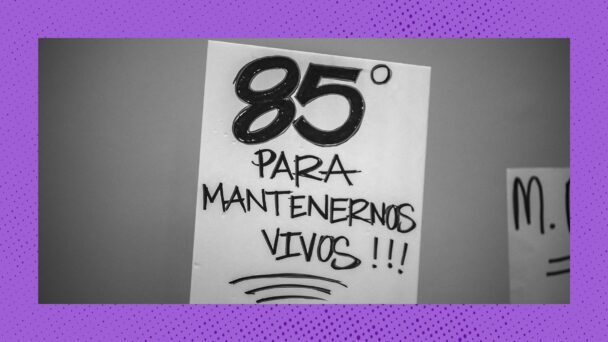When Michael Johnson was incarcerated by the Illinois Department of Corrections, the state classified him as “seriously mentally ill” due to his bipolar disorder, severe depression, and other mental health conditions. That did not stop the state from holding Michael in solitary confinement for three years. From March 2013 to August 2016, Michael was forced to spend every hour of every day alone in a tiny windowless room with lights that never turned off, with only one exception: He was allowed to take a shower, once per week, for no longer than ten minutes. The other 10,070 minutes of each week were spent in a filthy room “often caked with human waste.”
Michael argued that this constituted cruel and unusual punishment, in violation of his Eighth Amendment rights. But earlier this month, while the public was distracted with the Court’s crude imitation of a code of conduct, the Supreme Court’s six conservatives quietly issued an unsigned order denying Michael’s petition for review. Justice Ketanji Brown Jackson, joined by Justices Elena Kagan and Sonia Sotomayor, dissented. “For three years, Johnson had no opportunity at all to stretch his limbs or breathe fresh air,” Jackson wrote.
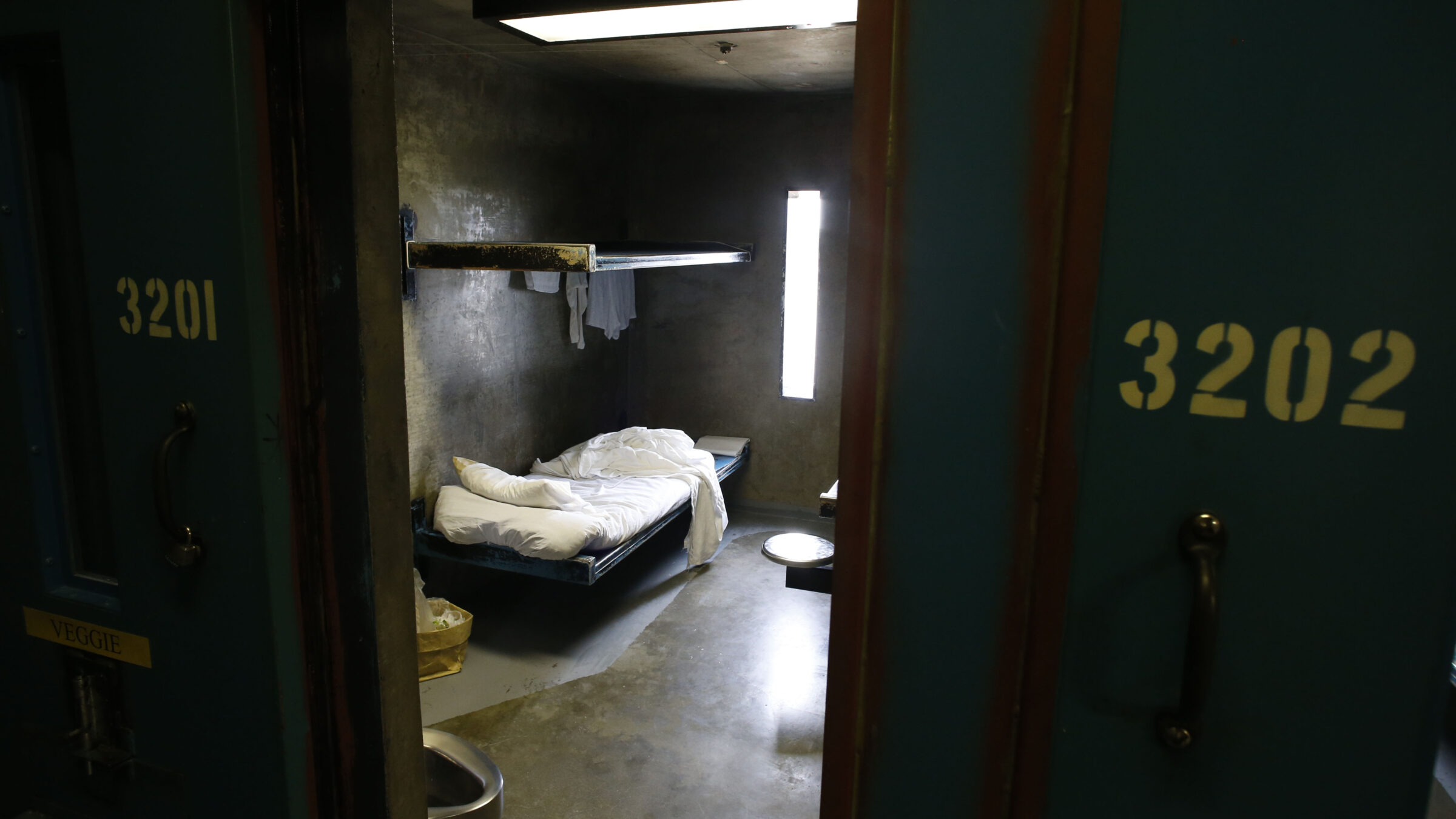
An unoccupied solitary confinement cell in a state prison in California, 2014 (Photo By Michael Macor/The San Francisco Chronicle via Getty Images)
The federal appeals court that heard Michael’s case ruled that there is no constitutional problem with punishing a person held in solitary confinement by depriving them of the ability to exercise for any amount of time, unless the punishment was for some “utterly trivial infraction”—as if basic human rights are a reward for good behavior. The Supreme Court apparently did not think this analysis merited their intervention.
Experts in psychiatry and medicine confirm that incarcerated people in solitary detention suffer atypical and extreme harm—even compared to the general prison population—and describe the kind of treatment Michael endured as torture. There are rules about such things. In theory, though not in practice, the Eighth Amendment of the Constitution prohibits the infliction of “cruel and unusual punishments.” The Court’s order refusing to even consider Michael’s case rendered the Constitution’s protections null and void. By focusing on whether the prison deemed Michael’s infractions “utterly trivial” and not on the actual punishment Michael experienced, rather than protect jailed people, the conservative justices protected jailhouse abuse.
This sharp break from morality was also a significant departure from precedent. The Supreme Court’s Eighth Amendment jurisprudence typically relies on a “deliberate indifference” standard, but here, the lower court instead applied a new rule that was even more lenient: As Jackson wrote, the Seventh Circuit’s “utterly trivial infraction” test “bears no relationship to this legal standard.” The proper inquiry for courts under the Eighth Amendment is whether there was a substantial risk to an incarcerated person’s health and safety, and whether prison officials knowingly disregarded that risk. Whether the person broke rules is irrelevant. Whether the denial of exercise time may not be harmful in the abstract doesn’t matter either. It’s the actual harm—and the knowledge and disregard of that harm—that matters.
Here, the harm was heartbreakingly clear. Jackson’s dissent describes the nature of Michael’s punishment in detail. Physically, he experienced respiratory problems, recurring muscle spasms and cramps, and overwhelming fatigue. Mentally, “he suffered from hallucinations, excoriated his own flesh, urinated and defecated on himself, and smeared feces all over his body and cell.” Sometimes, he engaged in misconduct in hopes that prison guards would beat him to death. “Worse still, Johnson’s dire physical condition led to further yard restrictions, as prison guards faulted him for being disruptive and having an unclean cell,” she wrote.
If the Eighth Amendment permits horrors like this, its prohibitions are practically worthless. The Court made a grievous error by approving the Seventh Circuit’s choice to evaluate Michael’s case from the vantage point of the prison, instead of the person whose rights the Constitution is supposed to shield. The order in Johnson v. Prentice is untethered from law, fact, or compassion. Ironically, the only thing it seems connected to is the one thing it was supposed to protect against: cruelty.
